
Hours after an Israeli strike destroyed a three-story building in Beirut, killing at least 10 people, Maggie Sharawi received a telephone call from a person living nearby saying that the attack had killed a cat that had several kittens.
While civil defense members were combing through the rubble for human victims or survivors, Sharawi and other members of Animals Lebanon, an animal protection organization, also rushed to the scene in Beirut’s central Burj Abi Haidar neighborhood Friday.
They began climbing through rubble, twisted metal and collapsed walls to reach the kittens. The animals, just a few days old, were pulled out, put in a plastic carrier and taken away as the rescuers continued searching for other cats whose cries could be heard emerging from under the debris.
Sharawi said that over the past three weeks they have managed to rescue 190 animals from strike sites in Beirut and its southern suburbs. In some cases, she added, they give the animals back to their owners while others remain at the group’s shelter in the Lebanese capital.
“We believe that caring for animals is caring for humans. In the end it is the people who are calling us for help,” Sharawi said.
Since Lebanon’s Hezbollah started attacking Israeli military posts along the border in October last year and Israel responded with airstrikes and shelling in much of southern Lebanon, animal rights activists have been going to the south to help rescue pets.
After Israel intensified its attacks on parts of Lebanon on Sept. 23, leading to the displacement of hundreds of thousands, many people left their pets behind in south Lebanon or in Beirut’s southern suburbs. Since then, animal rights activists have increased their missions, putting their own lives in danger in order to rescue the animals, mainly cats and dogs, or to bring them to where their owners have fled.
“Our teams are working 24 hours a day,” said Sharawi, adding that they go into homes in the southern suburbs to bring animals to safety.
After the kittens were rescued, two adult cats remained but they were too scared for the activists to approach them. Animals Lebanon members later brought metal traps and baited them with food, hoping that the cats would walk in and be captured.
Sharawi said if cats or dogs are injured, they usually rush them straight to a clinic for treatment and those who are in good condition are either sent back to their owners or left at their shelters.
Many of the animals they rescue have suffered injuries, including broken bones as a result of walls falling on them.
“We are dealing with cases that we have never seen before,” Sharawi said.
-AP

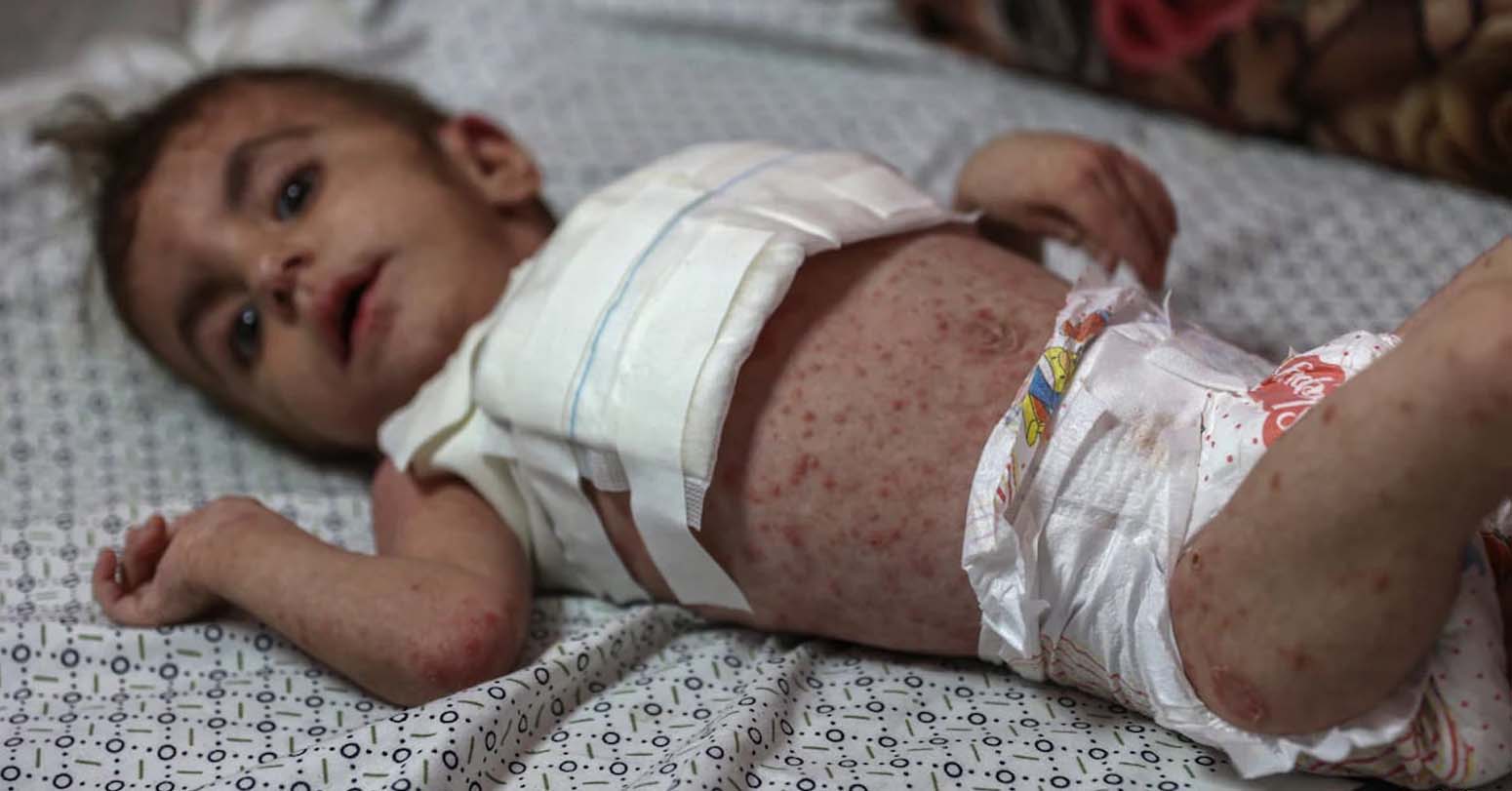



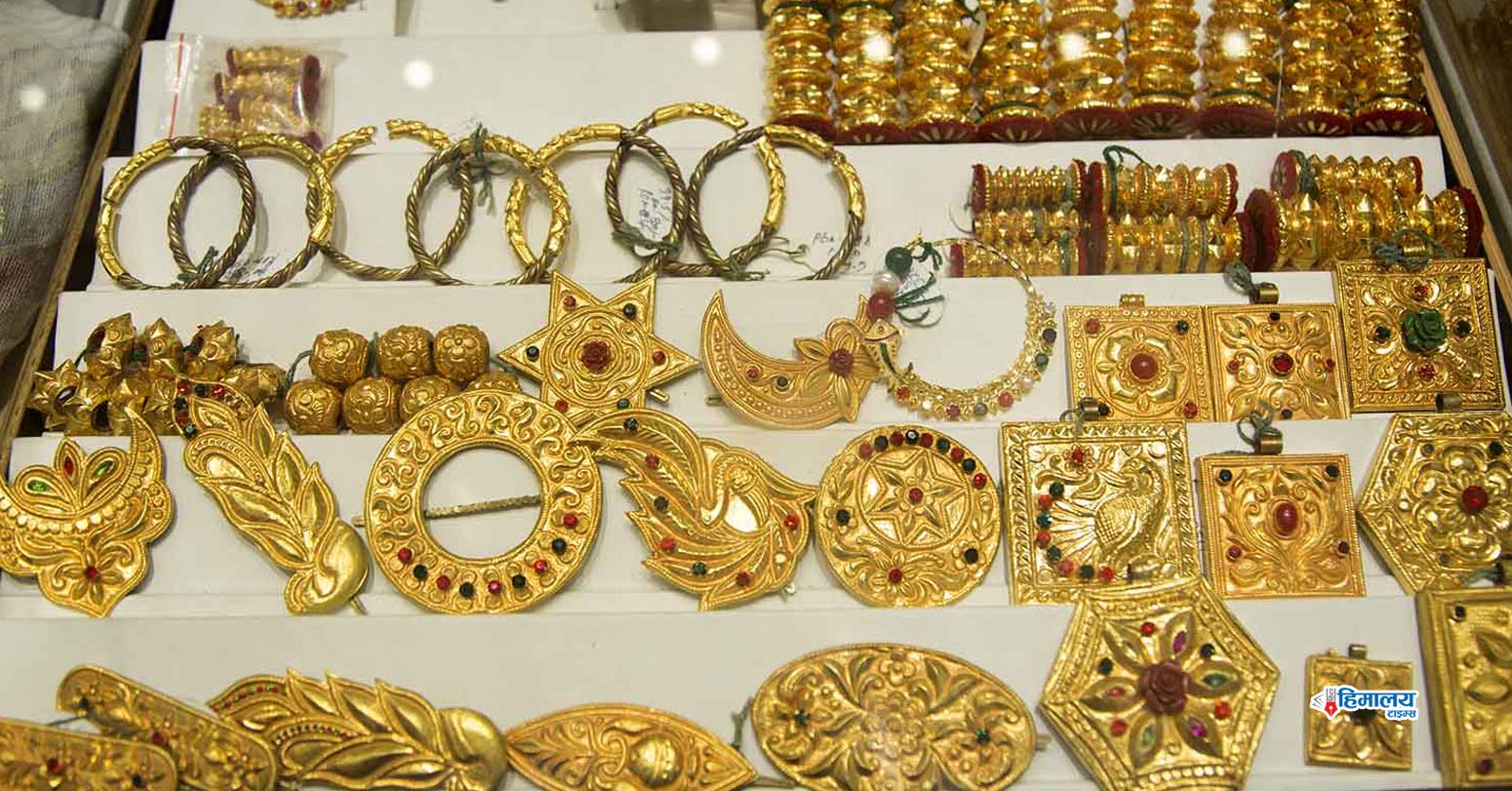
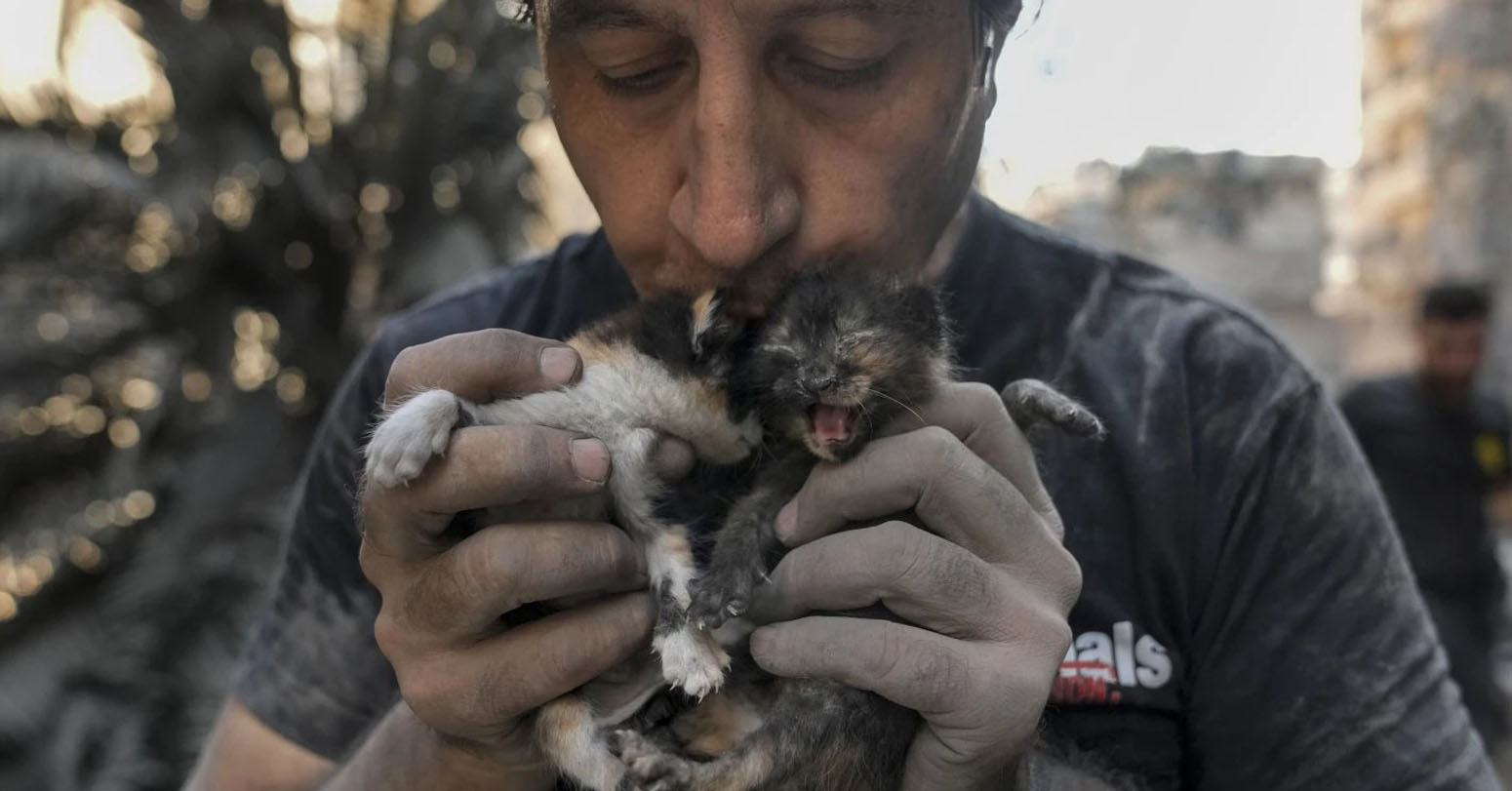





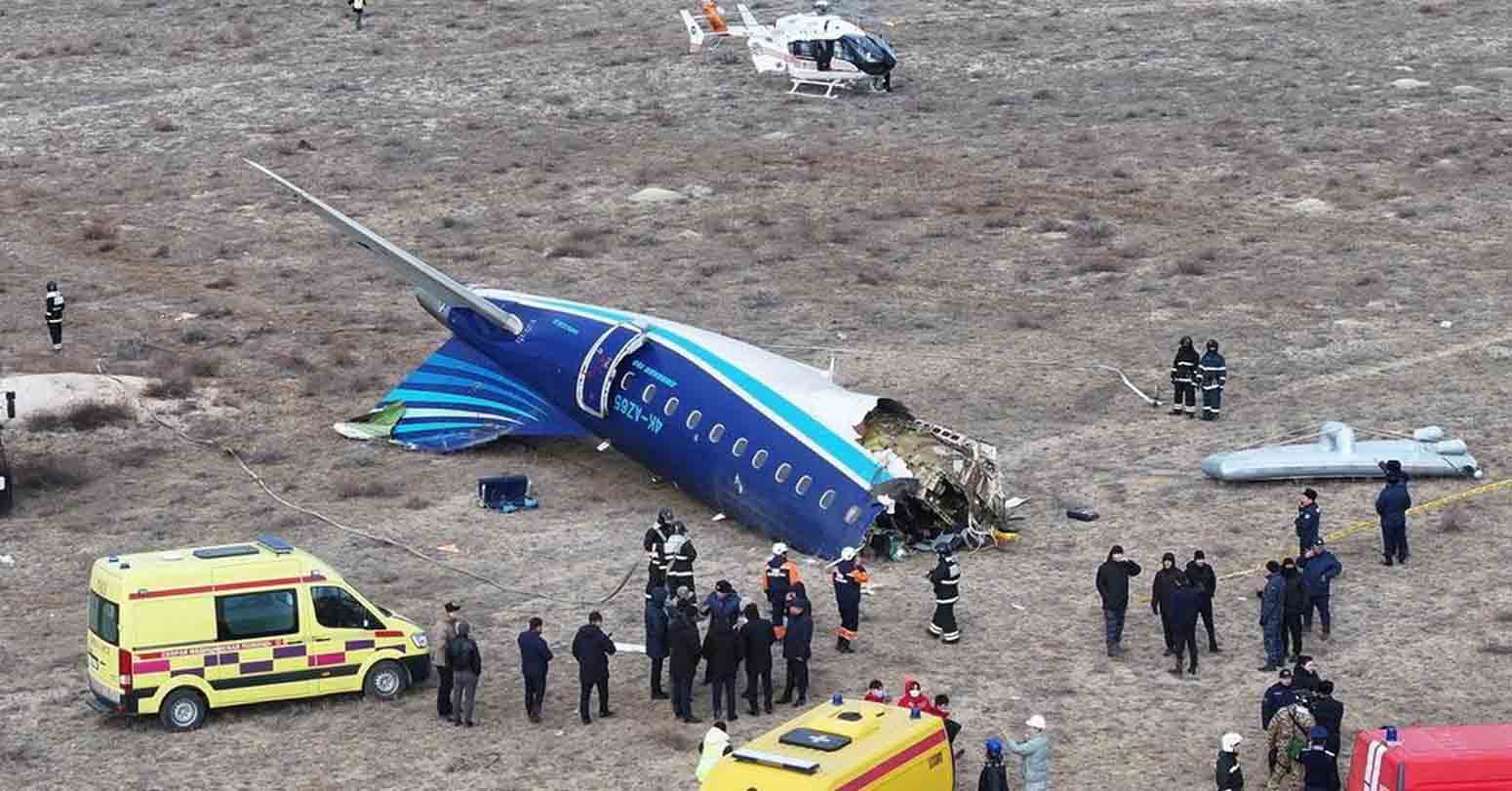



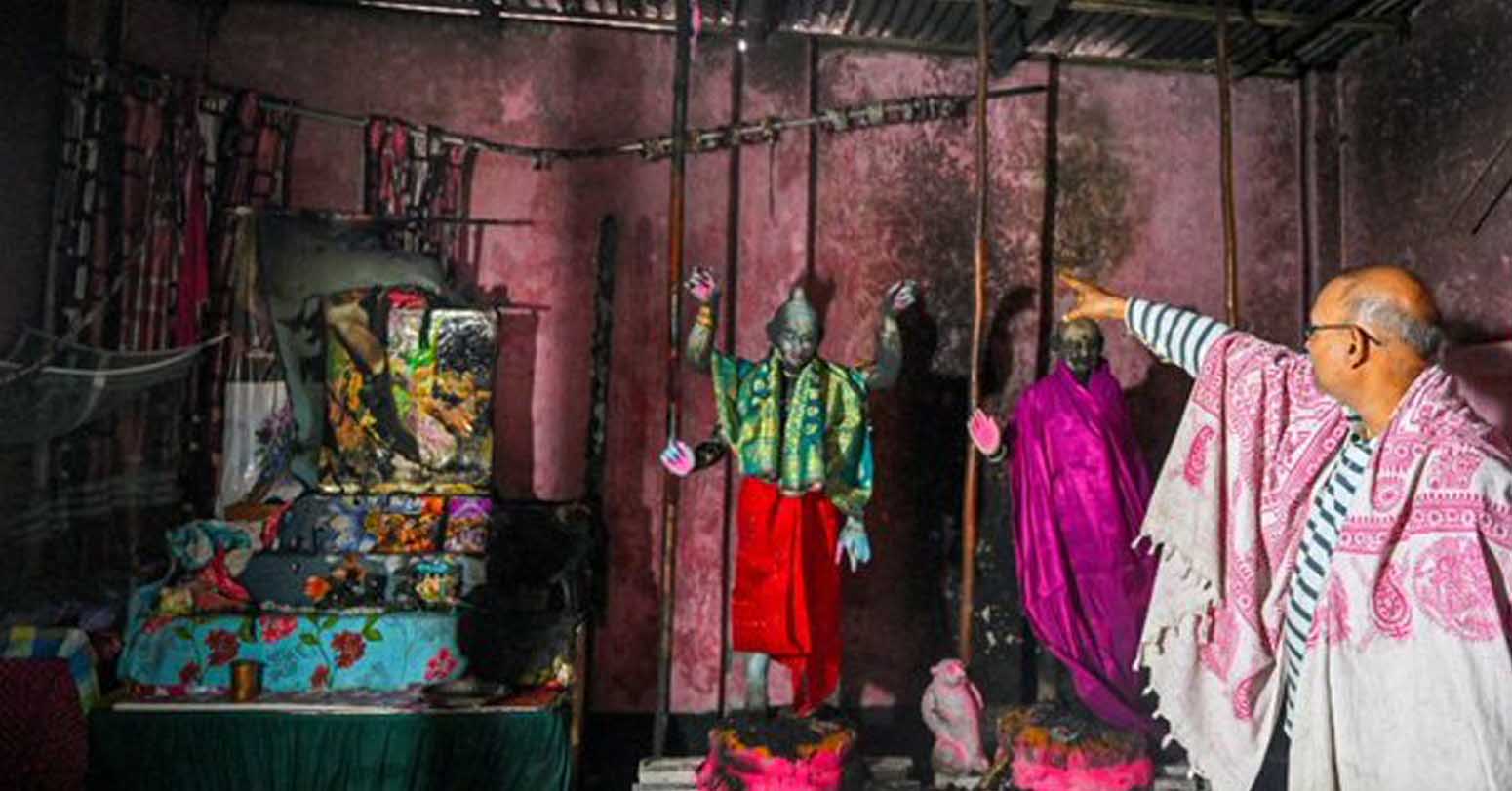


Comprehensive Data Protection Law Critically
Gender Differences In Mental Healthcare
Messi Wins Best FIFA Men’s
Erosion of Democracy
Fly Dubai Catches Fire in
“Complexities of the South Asian